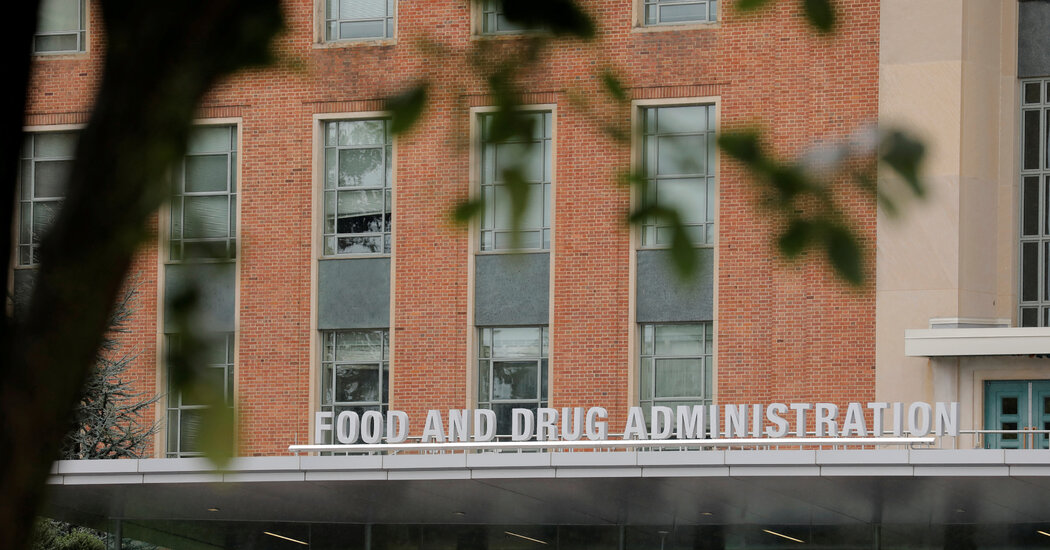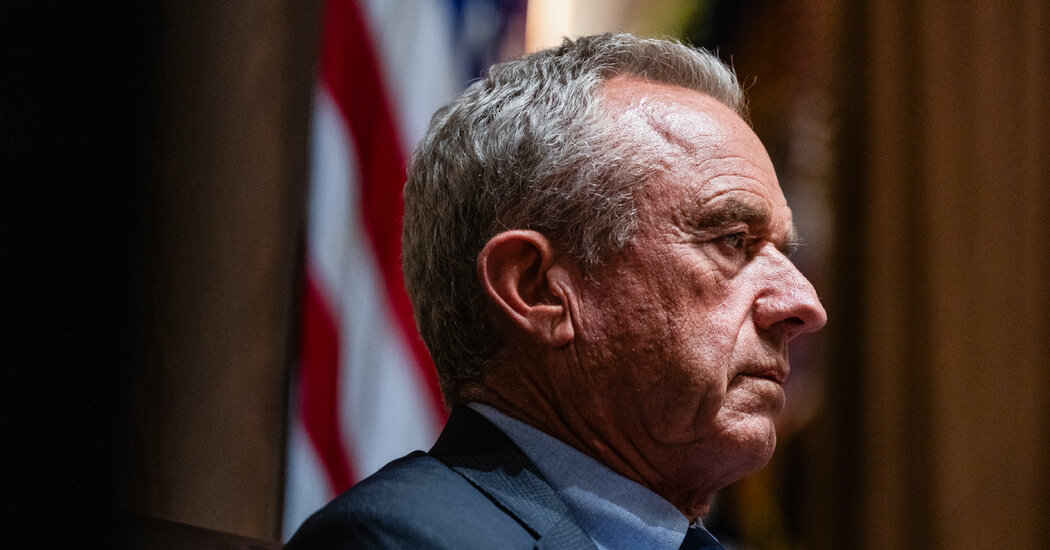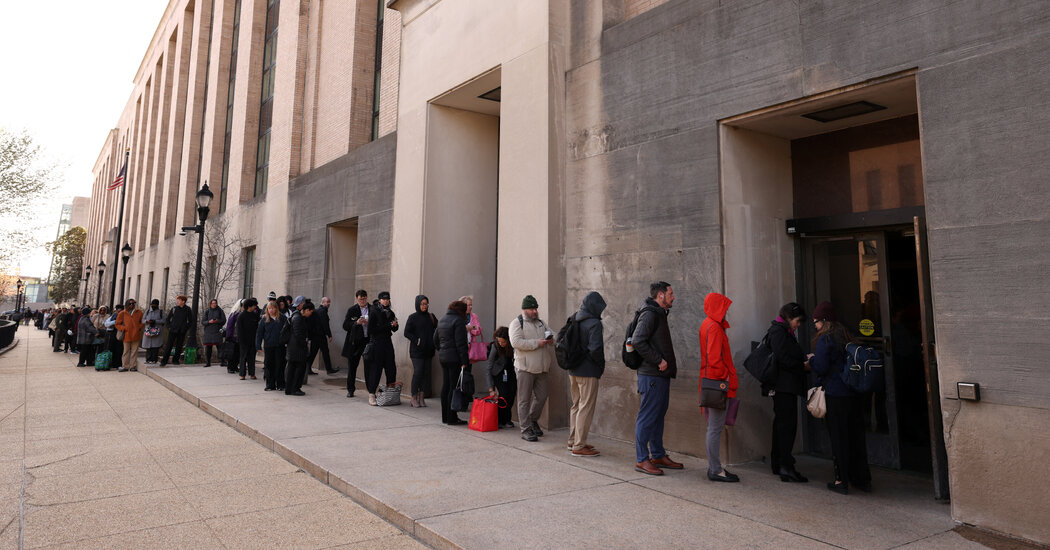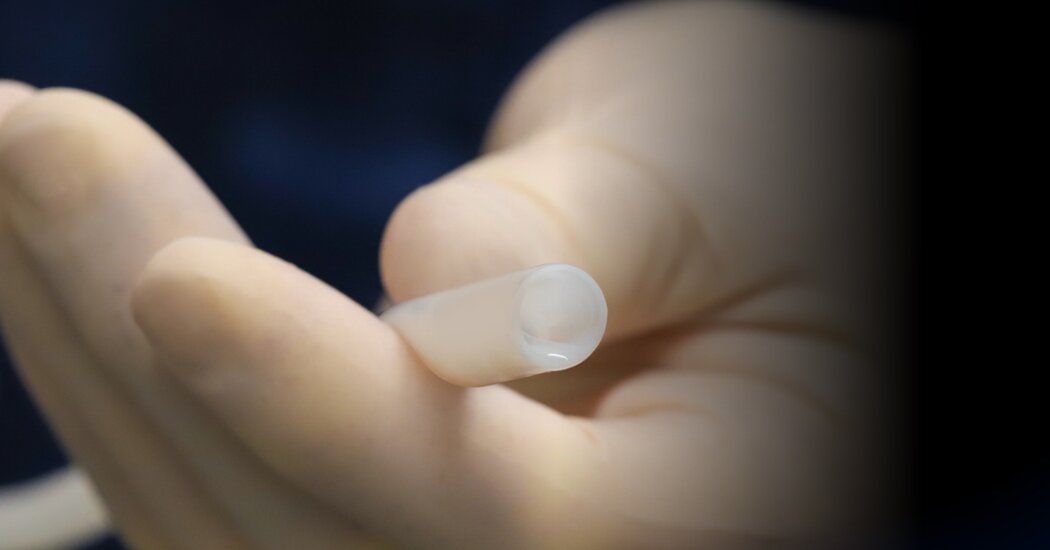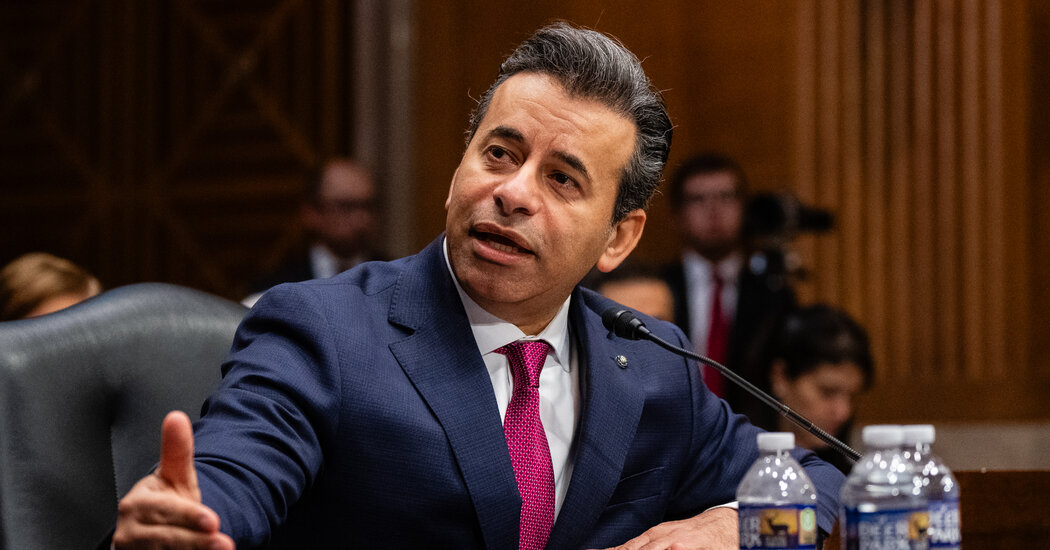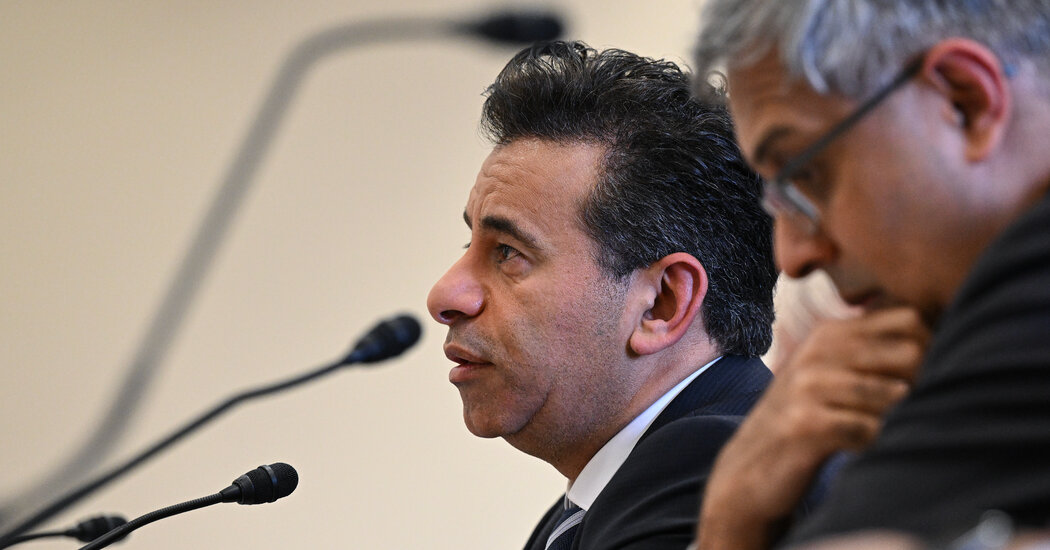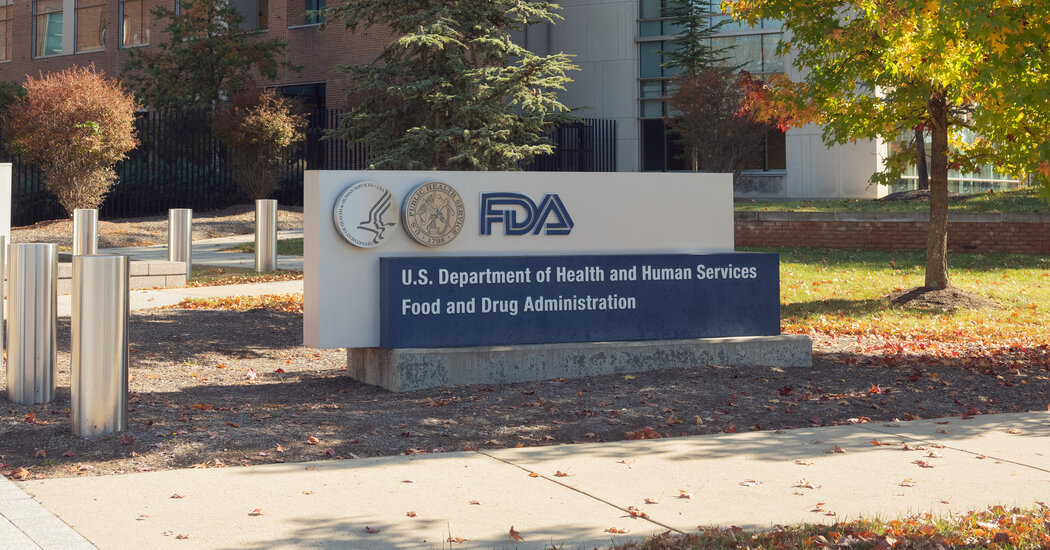F.D.A. Scientists Are Reinstated at Agency Food Safety Labs
After 20 percent of the agency’s work force was cut, federal health officials have decided to bring back some experts and review firings to fill gaps in critical roles.Federal health officials have reversed the decision to fire a few dozen scientists at the Food and Drug Administration’s food-safety labs, and say they are conducting a review to determine if other critical posts were cut.A spokesman for the Department of Health and Human Services confirmed the rehirings and said that several employees would also be restored to the offices that deal with Freedom of Information requests, an area that was nearly wiped out.In the last few months, roughly 3,500 F.D.A. jobs, about 20 percent, were eliminated, representing one of the largest work force reductions among all government agencies targeted by the Trump administration.The H.H.S. spokesman said those employees called back had been inadvertently fired because of inaccurate job classification codes.The decision to rehire specialists on outbreaks of food-related illnesses and those who study the safety of products like infant formula follows contradictory assertions made by Dr. Marty Makary, the F.D.A. commissioner, in media interviews this week.“I can tell you there were no cuts to scientists or inspectors,” Dr. Makary said Wednesday on CNN.In fact, scientists had been fired from several food and drug safety labs across the country, including in Puerto Rico, and from the veterinary division where bird flu safety work was underway. Scientists in the tobacco division who were dismissed in February — including some who studied the health effects of e-cigarettes — remain on paid leave and have not been tapped to return, according to employees who were put on leave.We are having trouble retrieving the article content.Please enable JavaScript in your browser settings.Thank you for your patience while we verify access. If you are in Reader mode please exit and log into your Times account, or subscribe for all of The Times.Thank you for your patience while we verify access.Already a subscriber? Log in.Want all of The Times? Subscribe.
Read more →
